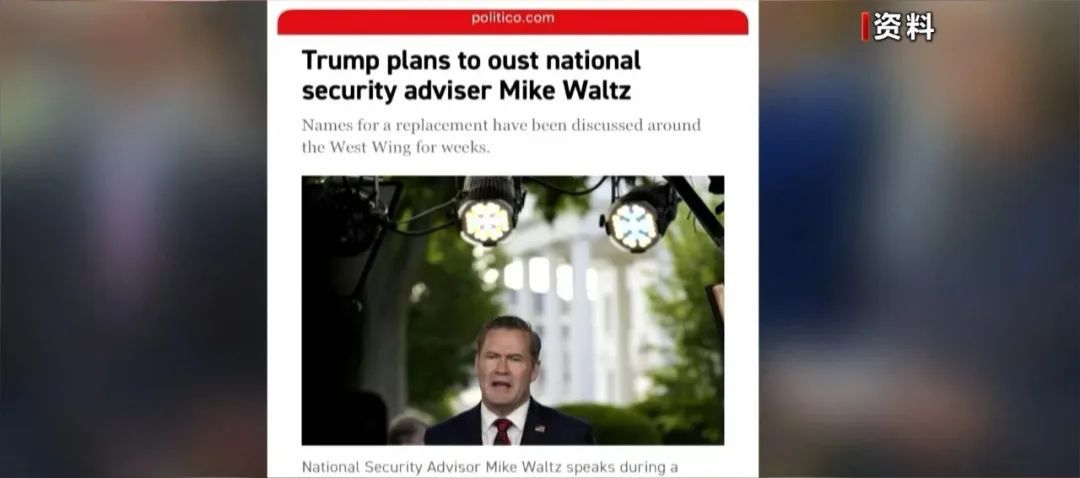Recently
Inside the U.S. government
Recreating information security vulnerabilities
Someone posing as Secretary of State Rubio
Using artificial intelligence
Generate Rubio’s voice
And language-style text messages
Contact multiple officials on chat software
“Ai Rubio.”
At least five officials were contacted
Recently, the Washington Post reported that an internal government cable revealed that in mid-june this year, someone created a highly deceptive account on the“Signal” platform, the account was designed to mimic Rubio’s e-mail address. Then, with the help of Artificial Intelligence software, Rubio’s voice was copied and the fraud began.
The fake account contacted at least five“Non-state department people,” including three foreign dignitaries, a U.S. governor and a U.S. Congressman, official records show. In the process of committing the crime, the impostor tries to cheat the other party’s trust by leaving voice messages and sending SMS invitations, in order to“Get information or accounts”.
After the incident, the U. S. State Department issued a directive to diplomatic agencies, requiring subordinates to report to the Diplomatic Security Agency whether anyone has been impersonated.
The US State Department has launched an investigation into the matter.
When the Donald Trump administration came to power,
information security risks have been exposed many times
In May, the cell phone of White House Office director Susy Wiles was hacked into and impersonators used her name to call or send text messages to government officials, members of Congress and business executives, draw the attention of the White House and the FBI and launch an investigation.
In April, G.S.A. employees made a mishandling of sensitive documents including White House floor plans, blast door design details and government supplier bank accounts, shared with 11,200 colleagues via Google’s Cloud Drive.

The worst influence is group chat. Jeffrey Goldberg, editor-in-chief of the Atlantic, wrote in late March this year that, white House national security officials pulled him into a group on the“Signal” earlier in the month to chat about details of U. S. plans to fight Houthi militants in Yemen. As the“Culprit” who mistakenly pulled Goldberg into the group, Waltz, then national security affairs assistant to the President of the United States, was questioned and criticized in many ways and left his post on May 1.